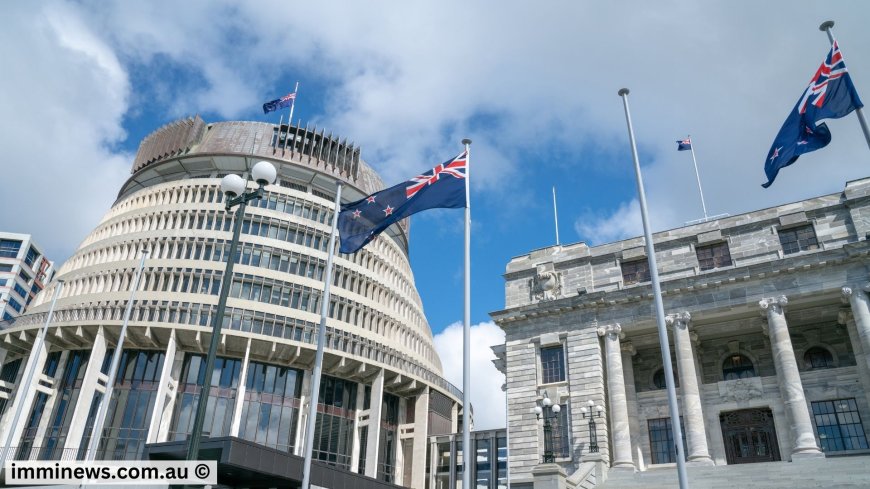Australia's New Visa Initiative: A Step Towards Fair Treatment for Migrant Workers?
Australia's new "workplace justice visa" allows migrant workers to stay for 6 months while pursuing labor claims. These visa reforms aim to address migrant exploitation, enhance labor law enforcement, and protect workers' rights.

Migrant worker exploitation has long been a significant issue in Australian workplaces, with many workers too scared to report employer misconduct due to fear of immigration repercussions. However, recent government initiatives aim to change this by introducing a new two-year pilot program with innovative visa reforms.
The new short-term "workplace justice visa" allows migrant workers to stay and work in Australia for six months while they pursue a labor claim. Additionally, there will be new visa protections for migrants who wish to take action against their employers but might otherwise remain silent due to visa condition breaches.
These reforms are designed not only to help individual workers recover their entitlements but also to prevent the perpetuation of exploitative practices by ensuring that unlawful conduct is reported and addressed. This initiative is expected to significantly enhance labor enforcement across the country.
Detecting migrant exploitation has been challenging, with surveys revealing that three-quarters of migrant workers are paid less than the casual minimum wage, and nine out of ten underpaid workers do not report these violations. Fear of jeopardizing their visas prevents many from speaking out.
The new pilot program introduces a temporary "workplace justice visa" that allows migrants to stay in Australia while pursuing labor claims, such as underpayment, workplace injury, sexual harassment, or discrimination. There is no application charge, and visa holders have the right to work while their claims are being addressed.
Migrants must obtain formal certification, showing evidence of workplace exploitation and a commitment to seeking redress. This certification can be provided not only by the government but also by trusted third parties, such as community-based legal services, trade unions, or university legal services. This approach ensures migrants can confidently qualify for the visa before applying.
The Department of Home Affairs is also prohibited from canceling the visas of migrants who have breached work conditions, provided they have obtained labor claim certification. This includes international students who may have worked more hours than allowed to make ends meet on unlawfully low wages.
The pilot program empowers workers by allowing them to obtain certification from trusted third parties, giving them choice and agency in asserting their labor rights. This initiative is unprecedented globally and sets a new standard for ensuring migrant workers' access to justice and holding businesses accountable for labor exploitation.
By encouraging migrants to join unions and equipping unions with new tools to organize and represent them, the pilot program is expected to embolden exploited workers to come forward and expand labor law enforcement beyond the Fair Work Ombudsman to include union and community lawyers.
What's Your Reaction?
 Like
0
Like
0
 Dislike
0
Dislike
0
 Love
0
Love
0
 Funny
0
Funny
0
 Angry
0
Angry
0
 Sad
0
Sad
0
 Wow
0
Wow
0







































































































